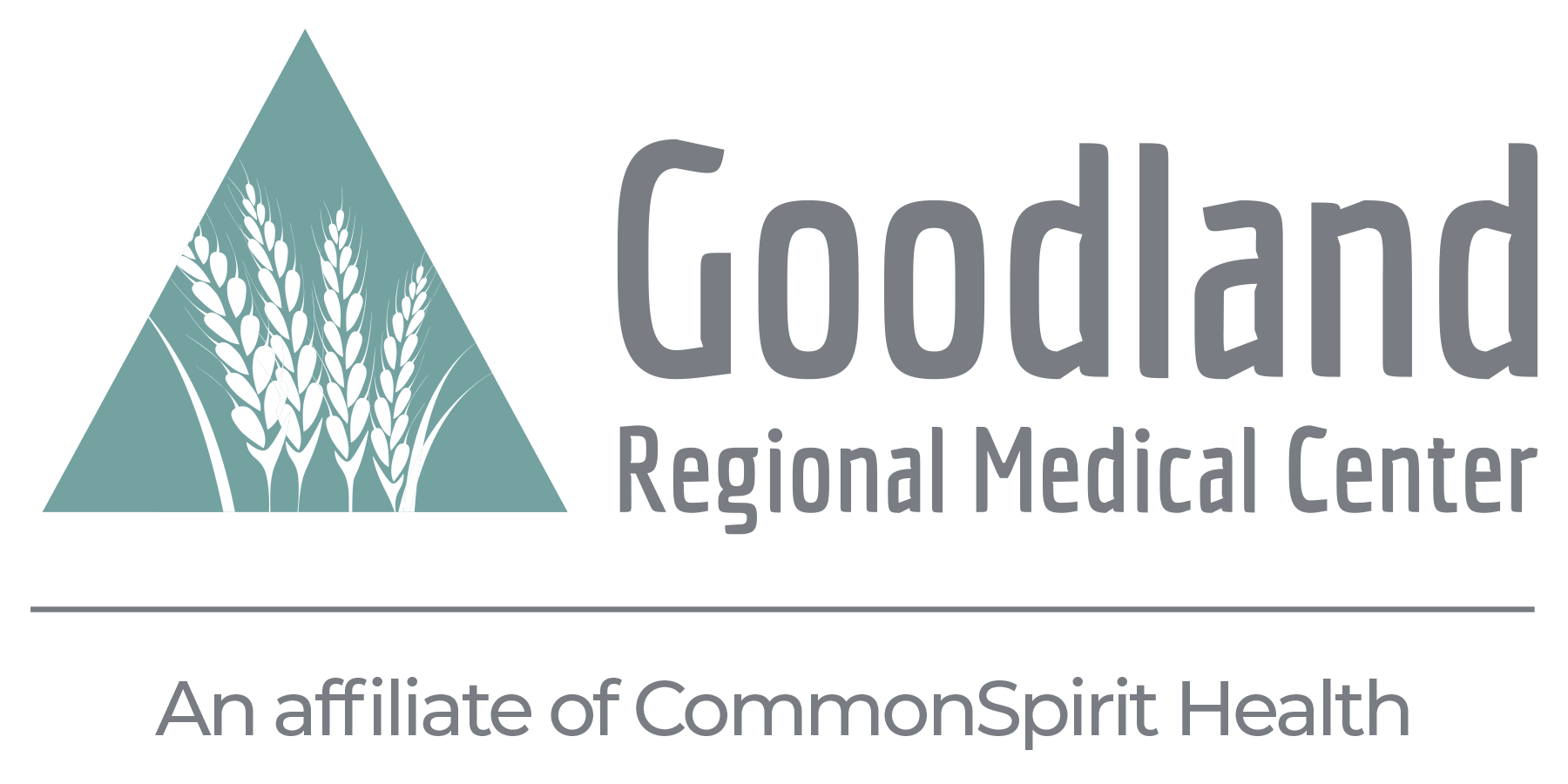Are you getting enough sleep?
𝙒𝙝𝙖𝙩 𝙚𝙭𝙖𝙘𝙩𝙡𝙮 𝙞𝙨 𝙎𝙡𝙚𝙚𝙥 𝙃𝙮𝙜𝙞𝙚𝙣𝙚?
Sleep hygiene refers to the healthy sleep habits that we can implement in our nightly routine to improve the amount of sleep we’re getting as well as the quality.** Adults should get at least 7 hours of sleep, teens should get 8-10 hours, and children ages 6-12 should get 12 hours.*
This means good, quality sleep without disturbances through the night. Signs of poor sleep quality include not feeling rested even with reasonable amounts of sleep, waking up during the night, symptoms of sleep disorders (snoring, gasping for air), and feeling “groggy” or having brain fog during the day.* There are apps for your smartphone or watch that will help you track your sleep if you aren’t sure how much sleep you’re getting!
Not getting enough consistent quality sleep can lead to many chronic conditions such as diabetes, cardiovascular disease, obesity, and depression. Additionally, trouble sleeping can be a symptom of several mental health disorders.
Poor sleep quality can result from many things- stress, poor sleeping habits, physical and mental health conditions, struggle with work/life balance, etc. Many of our behaviors throughout the day even impact sleep, and we don’t even know it. That’s why it’s crucial to have good sleep hygiene!
Some of these things include: having a consistent schedule and routine, relaxing before bed, not spending time on electronics before bed, abstaining from caffeine or other substances in the afternoon or evening, and more.**
In addition to sleep hygiene, our behavioral health team can help with Cognitive Behavioral Therapy (CBT), which is the most effective long-term treatment for people with chronic insomnia. These techniques include interventions for stress reduction and addressing anxious/depressive thoughts and behaviors.**
Dialectical Behavioral Therapy (DBT) is another tool our behavioral health team uses to help with sleep. Some of these techniques include other stress reduction interventions, thought diffusion, and relaxation techniques.
This is just one of the many things our behavioral health team can help with! 𝘗𝘭𝘦𝘢𝘴𝘦 𝘤𝘢𝘭𝘭 785-890-6075 𝘵𝘰 𝘴𝘤𝘩𝘦𝘥𝘶𝘭𝘦 𝘢𝘯 𝘢𝘱𝘱𝘰𝘪𝘯𝘵𝘮𝘦𝘯𝘵 𝘸𝘪𝘵𝘩 𝘓𝘢𝘤𝘪 𝘓𝘦𝘪𝘤𝘩𝘭𝘪𝘵𝘦𝘳, 𝘓𝘚𝘊𝘚𝘞, 𝘰𝘳 𝘔𝘦𝘭𝘪𝘴𝘴𝘢 𝘙𝘢𝘮𝘪𝘨, 𝘓𝘔𝘚𝘞.
For more information about our services, go to https://goodlandregional.com/services/behavioral-health/
* Center for Disease Control and Prevention (www.cdc.gov)
** American Academy of Sleep Medicine (www.sleepeducation.org)
Leave a reply